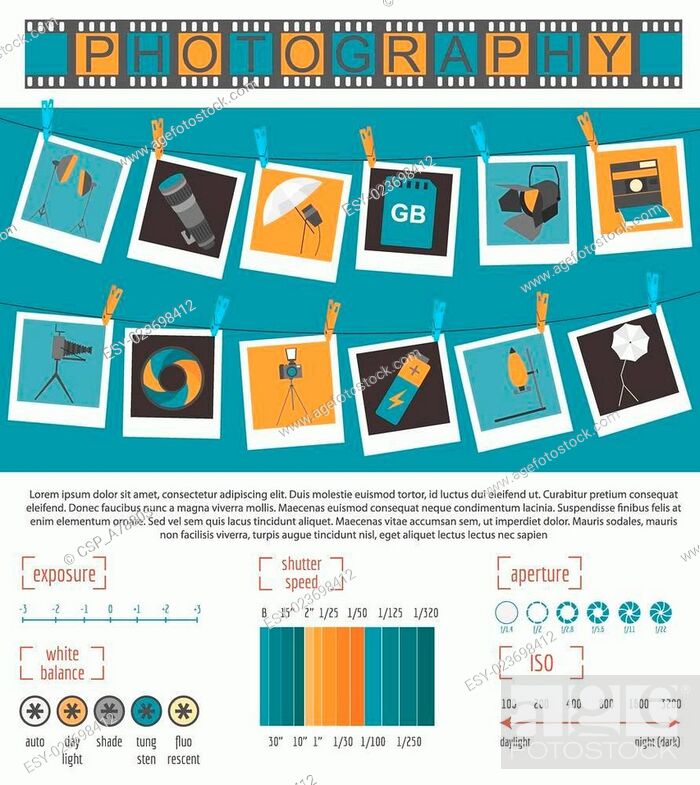Photography Tips For Beginners: Mastering Your Video Camera Quickly
Photography Tips For Beginners: Mastering Your Video Camera Quickly
Blog Article
Staff Writer-Barrett Ploug
When you initially get your video camera, it can really feel overwhelming with all the settings and alternatives available. You might find yourself asking yourself how to navigate aperture, shutter speed, and ISO successfully. Grasping these fundamentals is important, but there's more to digital photography than simply technical knowledge. Recognizing make-up methods and illumination conditions can boost your photos considerably. So, suppose you could discover straightforward methods to boost your abilities and begin recording outstanding images sooner than you assume? Let's check out how to change your digital photography trip.
Comprehending Camera Settings
Recognizing your camera setups is vital for recording stunning images. When you get your cam, familiarize on your own with the three main settings: aperture, shutter rate, and ISO. Each plays a crucial role in how your photos end up.
Start with aperture, which manages the amount of light entering the lens. A wider aperture (reduced f-number) allows a lot more light and creates a beautiful background blur, best for pictures. Alternatively, a narrower aperture (greater f-number) maintains more of the scene in emphasis, ideal for landscapes.
Next off, concentrate on shutter speed. This setting determines how much time your camera's sensor is exposed to light. A fast shutter speed freezes movement, which is fantastic for action shots, while a sluggish shutter speed can develop magnificent results like smooth water in landscapes.
Finally, adjust your ISO. This setup affects your video camera's level of sensitivity to light. A higher ISO is useful in low-light scenarios however can present sound or grain. Go for visit the following post while still attaining proper direct exposure.
Make-up Strategies
When you're out capturing, structure can make all the difference in just how your pictures resonate with viewers. Start by using the rule of thirds; picture your framework separated into nine equivalent areas with two straight and two vertical lines. Setting crucial elements along these lines or at their intersections to create equilibrium and interest.
Next off, take into consideration leading lines. These natural lines in your scene, like roadways or rivers, attract the visitor's eye right into the picture, guiding them with the tale you're informing.
Do not ignore framing; usage components within your scene, like trees or windows, to develop a frame around your subject, including depth and focus.
Likewise, watch on your history. A chaotic background can distract from your major subject, while a simple one assists it stand out.
Finally, explore proportion and patterns; they can develop a striking photo that captures interest.
Mastering Lighting Issues
Mastering lighting conditions is crucial for capturing magnificent pictures, as the best light can change a regular scene into something extraordinary.
Begin by observing natural light at different times of the day. Early mornings and late afternoons offer the most effective light, called the golden hour. The soft, cozy tones throughout these times can improve your photos magnificently.
Don't avoid overcast days either; diffused light can reduce rough shadows and create a pleasing impact, particularly for portraits.
Explore backlighting by positioning your topic against the source of light. This strategy can produce a fanciful halo result and include deepness to your pictures.
Pay attention to your cam setups too. Adjust the ISO, aperture, and shutter rate to fit the lights conditions. A greater ISO can help in reduced light, but beware of grain.
Make use of a tripod in darker atmospheres to stay clear of blur.
Last but not least, do not fail to remember man-made lights. Flash and constant lights can be excellent tools for controlling light in challenging problems.
Verdict
In conclusion, understanding your camera does not have to be frustrating. By understanding your settings, applying composition techniques, and utilizing the power of natural light, you'll promptly elevate your photography skills. Keep in https://www.spotlightpa.org/news/2020/05/pennsylvania-business-waivers-revoked-coronavirus-shutdown/ , practice makes ideal, so get out there and trying out your newly found expertise. With time and commitment, you'll be catching stunning photos that reflect your unique perspective. Delight in the trip, and don't neglect to have a good time while you're at it!
